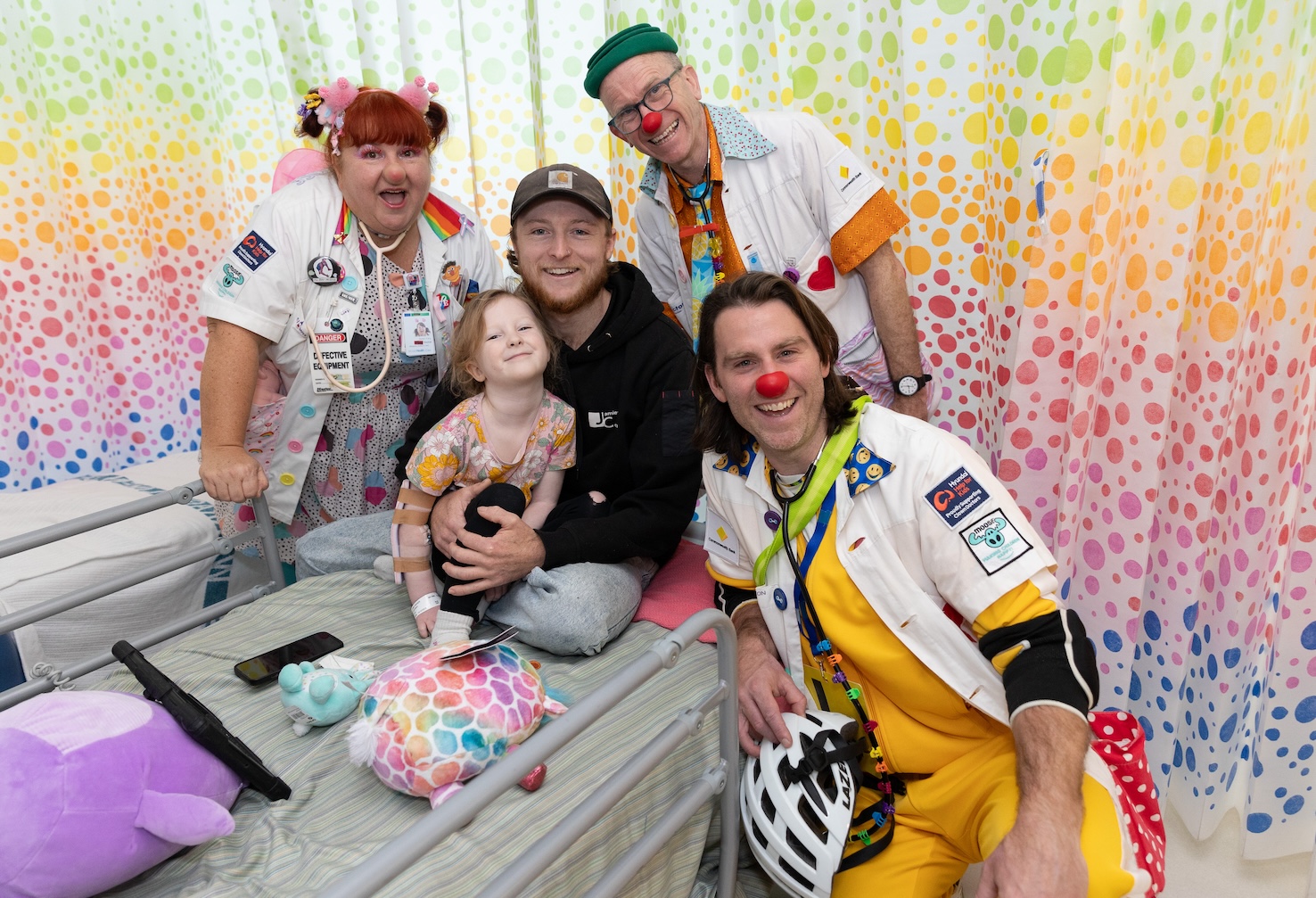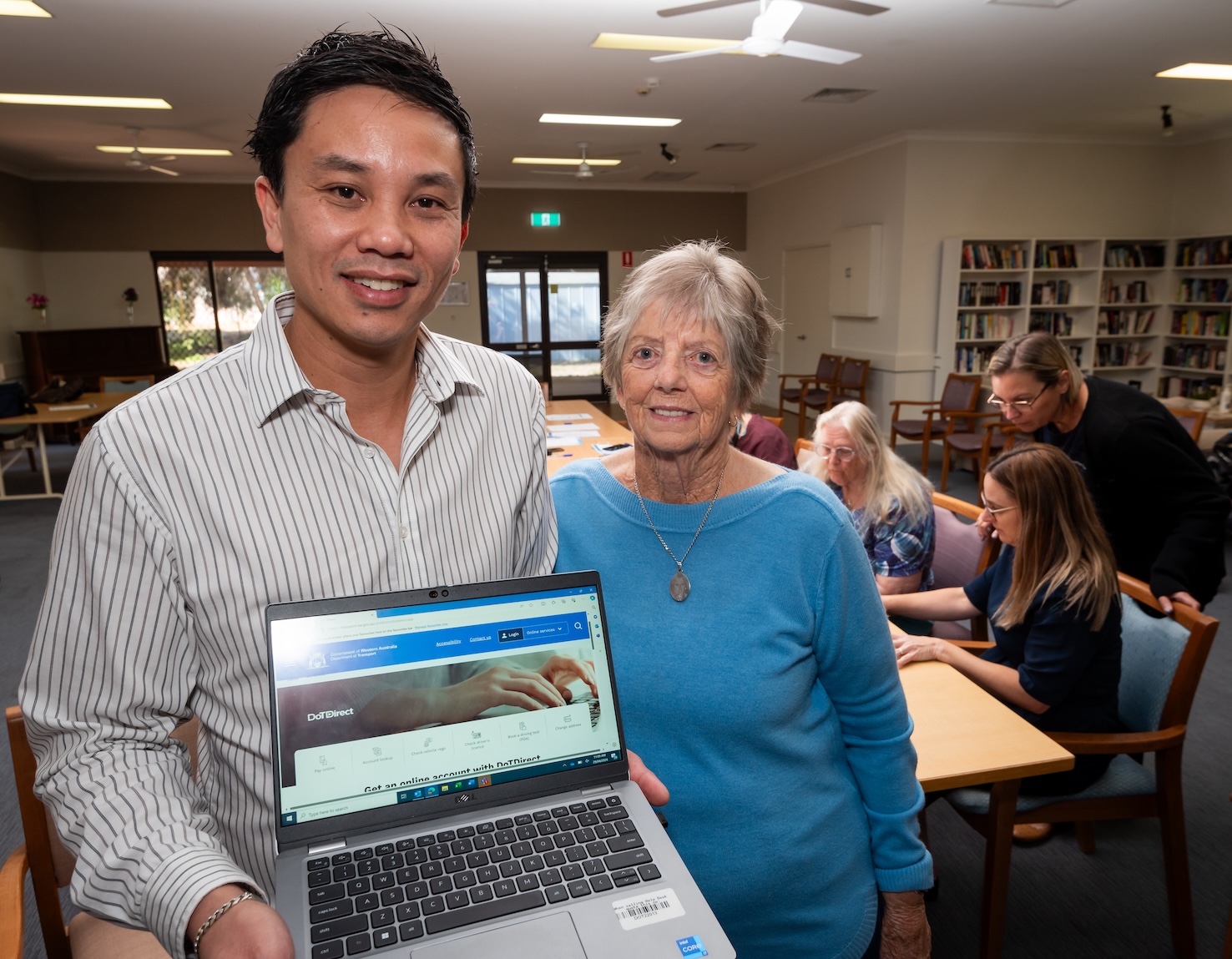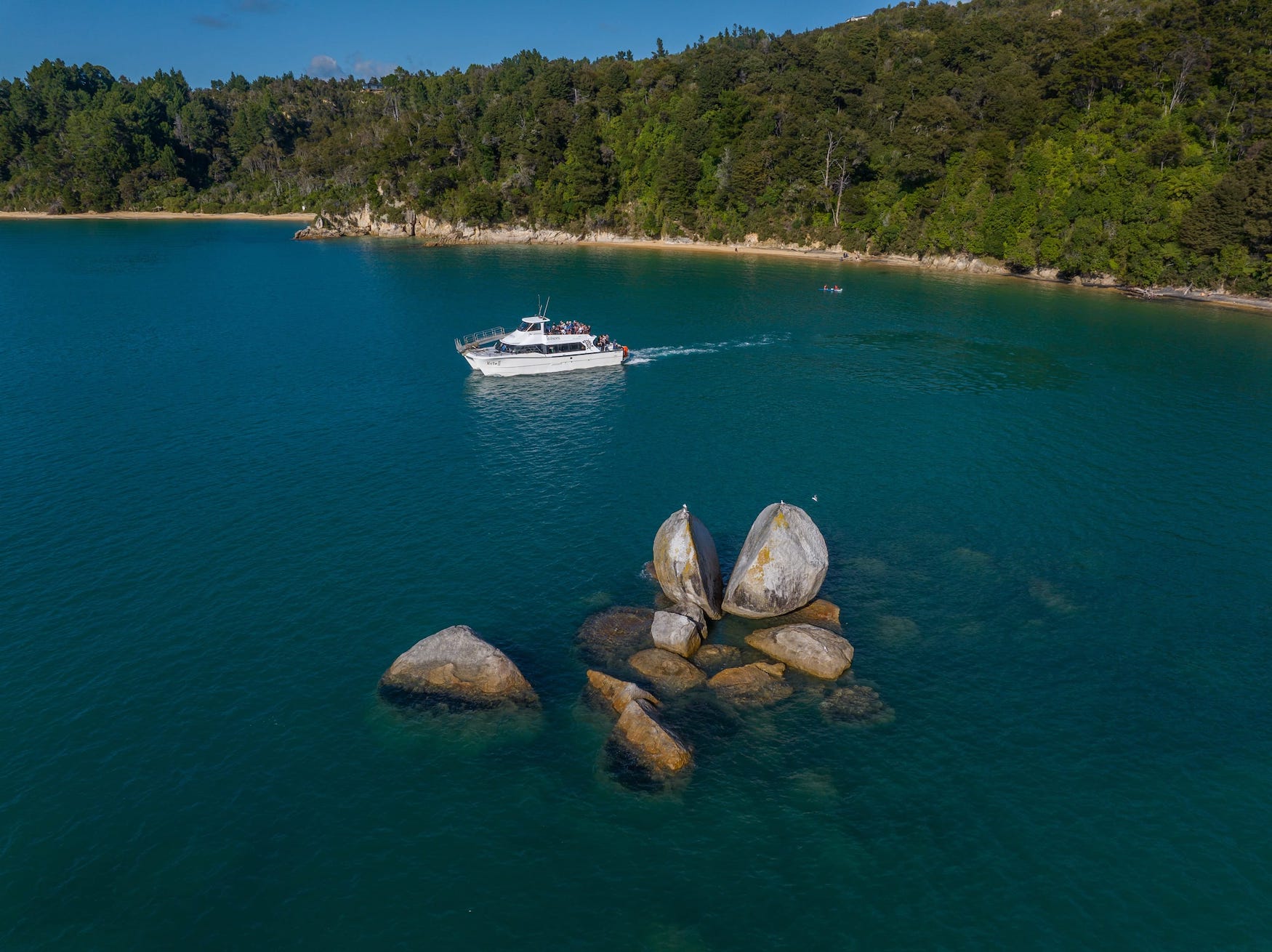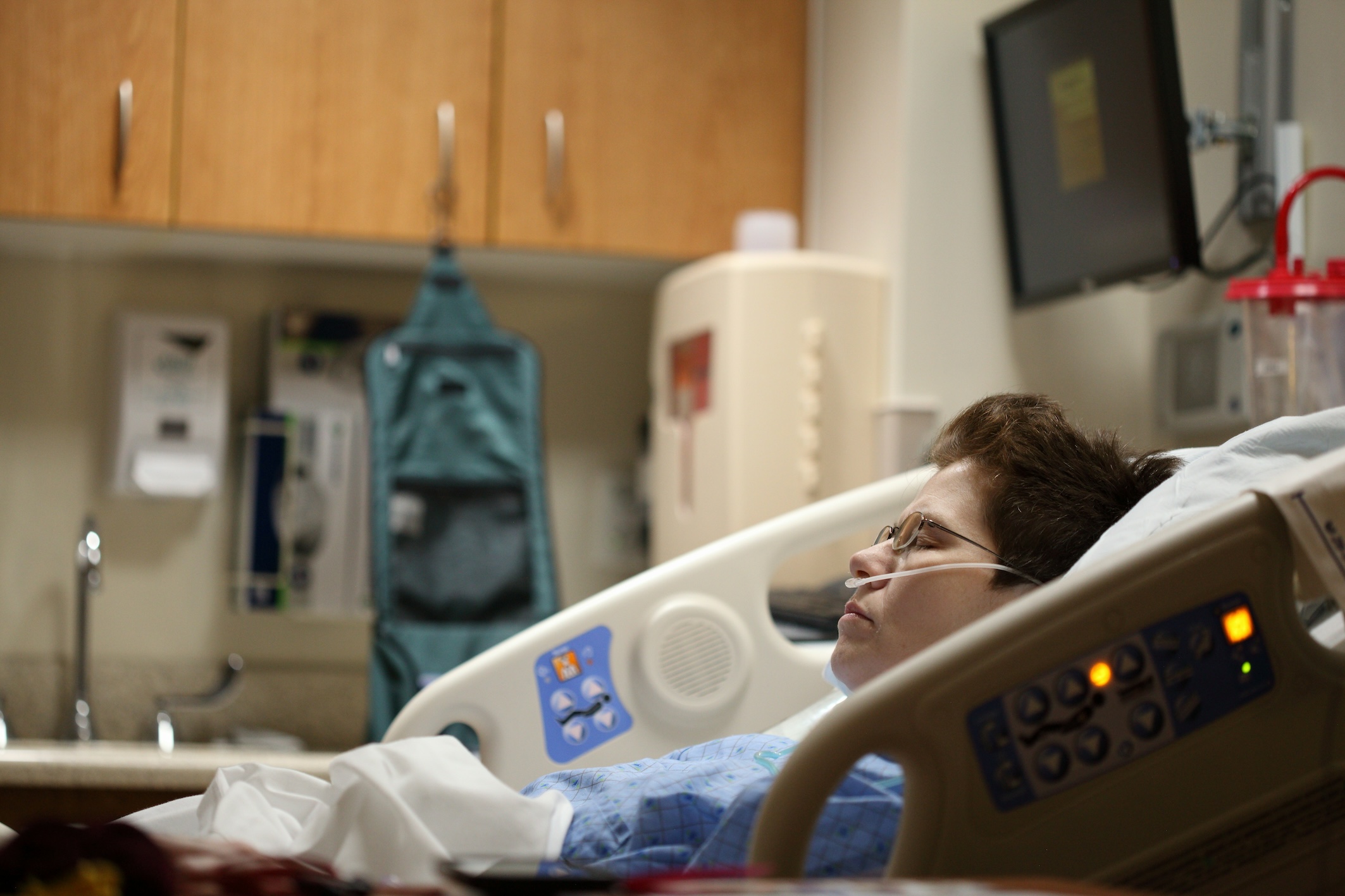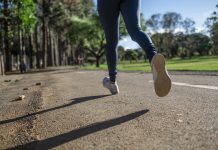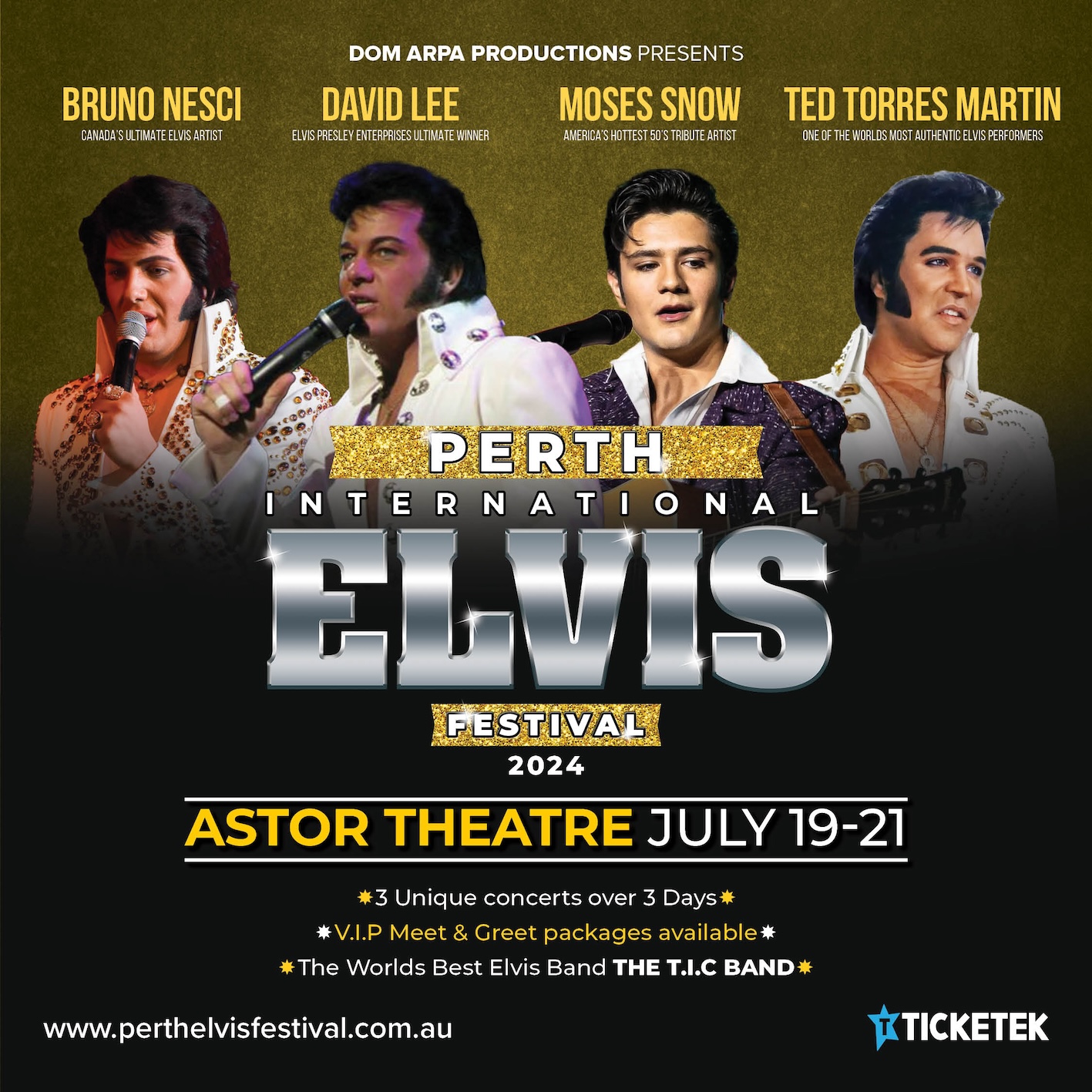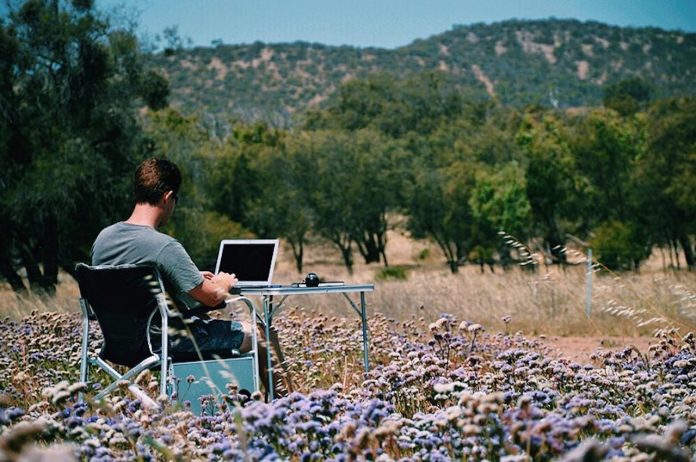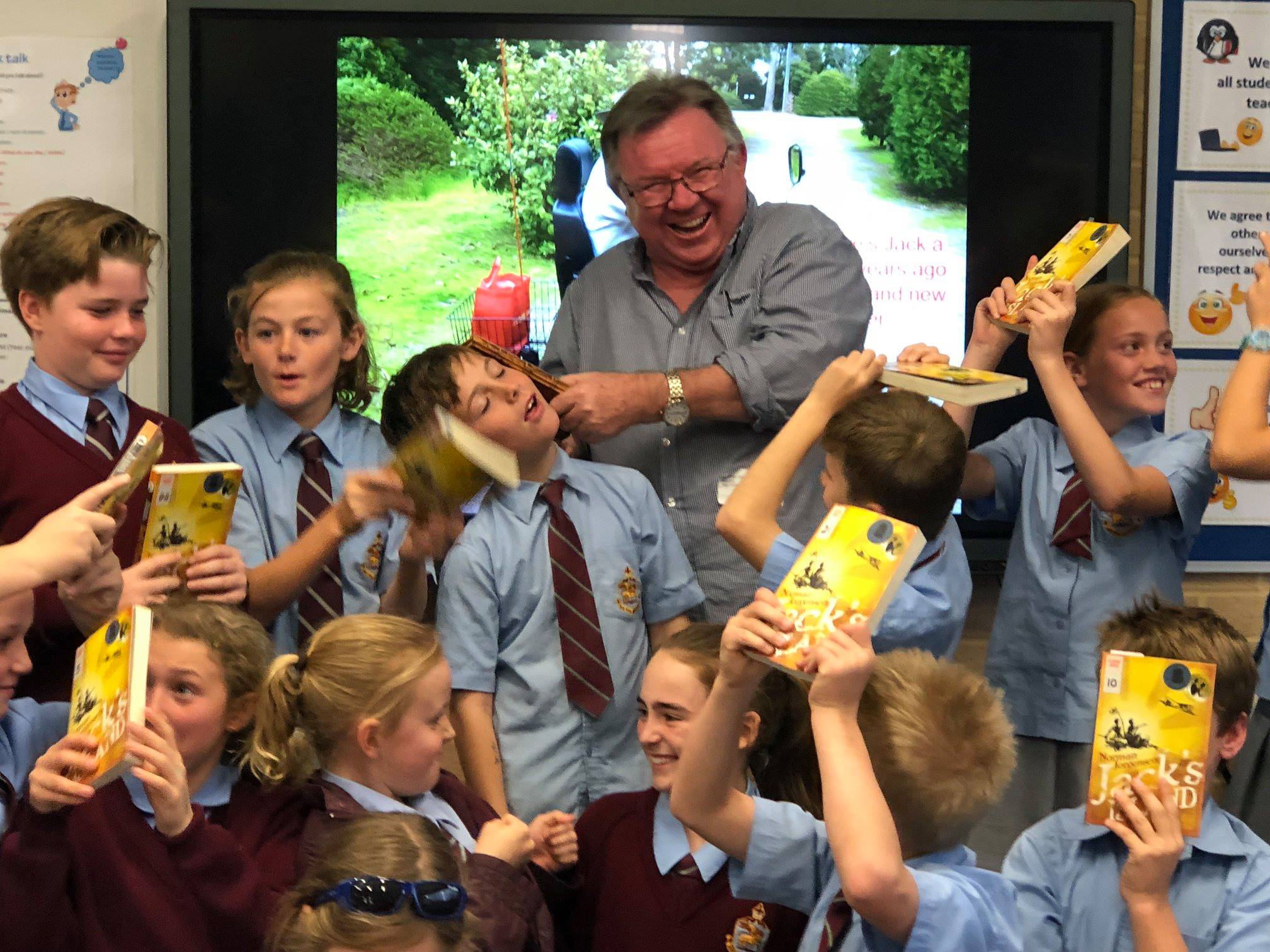by David Allan-Petale
I was bored at a travel seminar in Portugal when the idea for writing a book struck like dry lightning. Words flowed into a notebook, beginning a 10-year project that finished with my debut novel Locust Summer hitting bookshelves last month.
Shortlisted for the Vogel’s Literary Award, Locust Summer tells the story of the last harvest on the Brockman family’s Wheatbelt property, and the last chance the family has to make peace before everything disappears.
It’s a very West Australian book, but most of the early drafts were written overseas when I was living in London, and then expanded when I spent a few years travelling the world with my wife Carmen.
Writing a book set in the regions was a good way to keep a connection to Australia while I was so far away. But deep down I knew seeing the land close up was the only way to really tell the story.
Around the nation to spark imagination
After returning to Perth and having our first child, we began to get itchy feet. We bought a caravan, a four-wheel-drive to pull it with, and started planning a lap of Australia, with a three-month jaunt around WA as a shakedown.
Our daughter Ruby was just 18-months old when we drove out, taking the inland route up to the Cape Range National Park. This was the country I wrote about in Locust Summer; the rolling golden bush speckled with wildflowers around Mullewa, Mingenew and Three Springs.
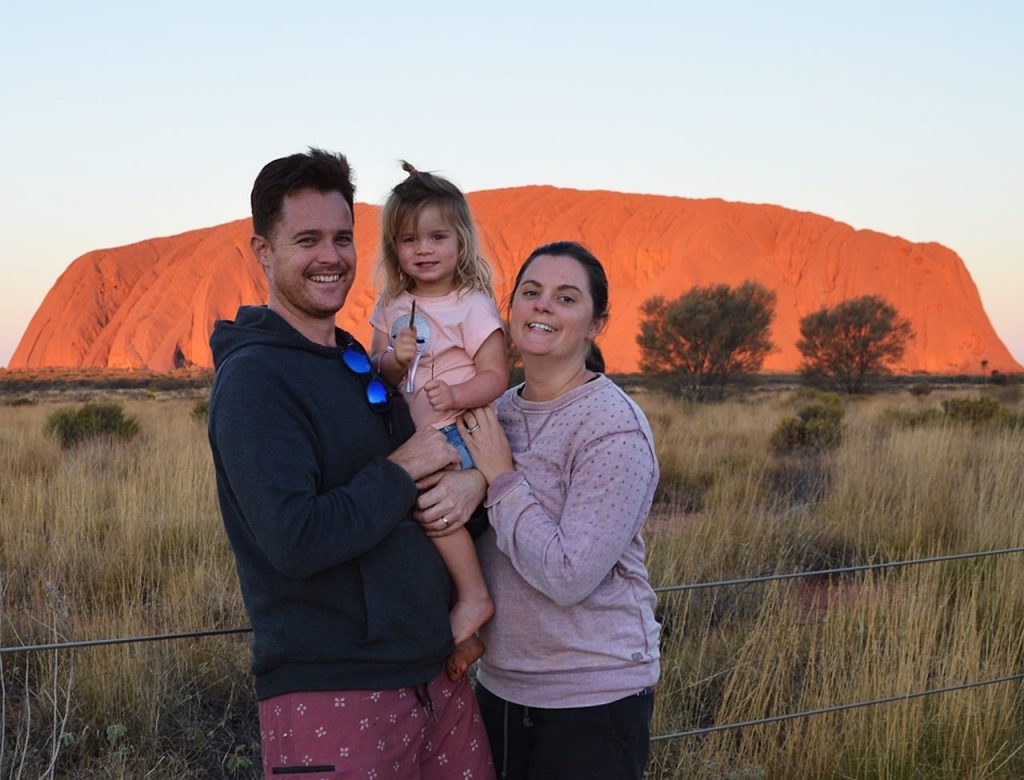
We travelled slowly in WA’s centre corridor, chasing down wreath flowers during the day and having counter meals at the local pubs in the evenings. I’d write the book at night, taking a rickety camp table and folding chair somewhere quiet so I could tap away by the light of a lamp.
Having been away for so long, I worried the prose I had written overseas wouldn’t evoke the reality of WA. But when I typed ‘The End’ sitting on a beach in Kalbarri, I was overwhelmed by the beauty of our state, and felt a deeper connection than I ever had before.
Finding the heart of Australia Locust Summer is the story of a family severing their lives with the land. But the Brockman family is going voluntarily, unlike the indigenous people who have been displaced. This aspect of Australia’s history and present day reality is a difficult one to grapple with, but it’s important that we do, for no story can be complete without considering it.
To gain a better understanding, while driving to Uluru from Adelaide we took a detour into the remote red centre. There we visited the indigenous community of Wingellina near the tri-state border, where friends of ours were working as teachers.

The community welcomed us, with elders taking us for a barbecue in the bush, foraging for bush foods and medicines and showing us their way of life. The most impactful time was walking with an elder named Aunty Linda through the spinifex country she had lived in most of her life. She showed us how she loved the land and how endless its possibilities are.
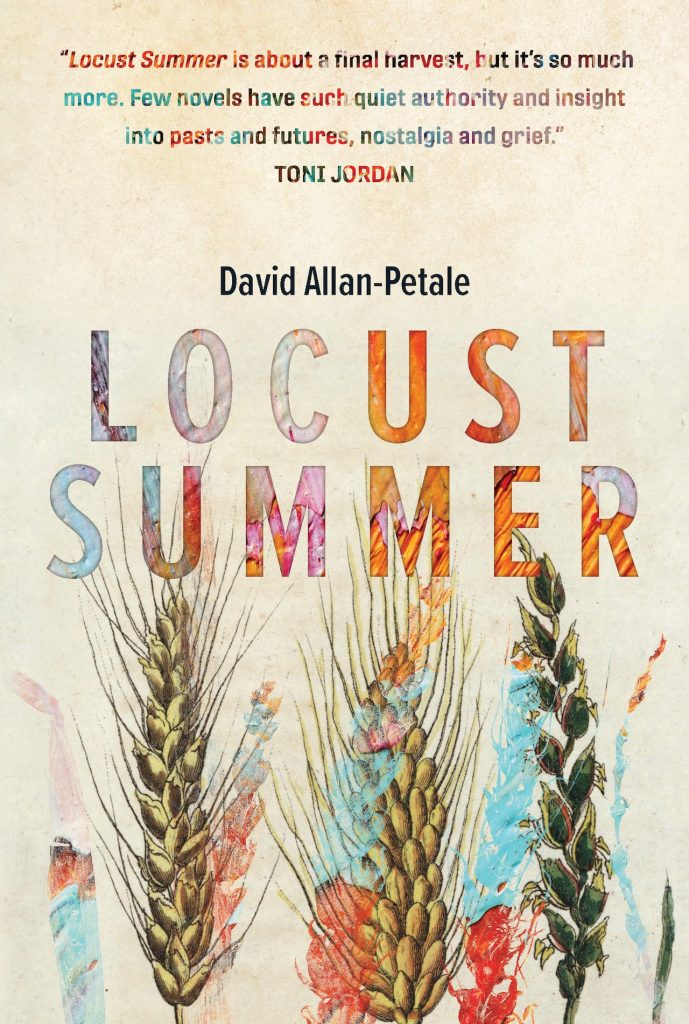
I’m glad I took the time to travel widely in WA while I was writing my book, opening my heart and mind to the stories our state holds. Because to truly understand country I think we must see it, and every day I spent on the road has been woven into a story – I hope you’ll enjoy the journey as much as I did.
Locust Summer Fremantle Press $29.99 www.fremantlepress.com.au/products/locust-summer.



